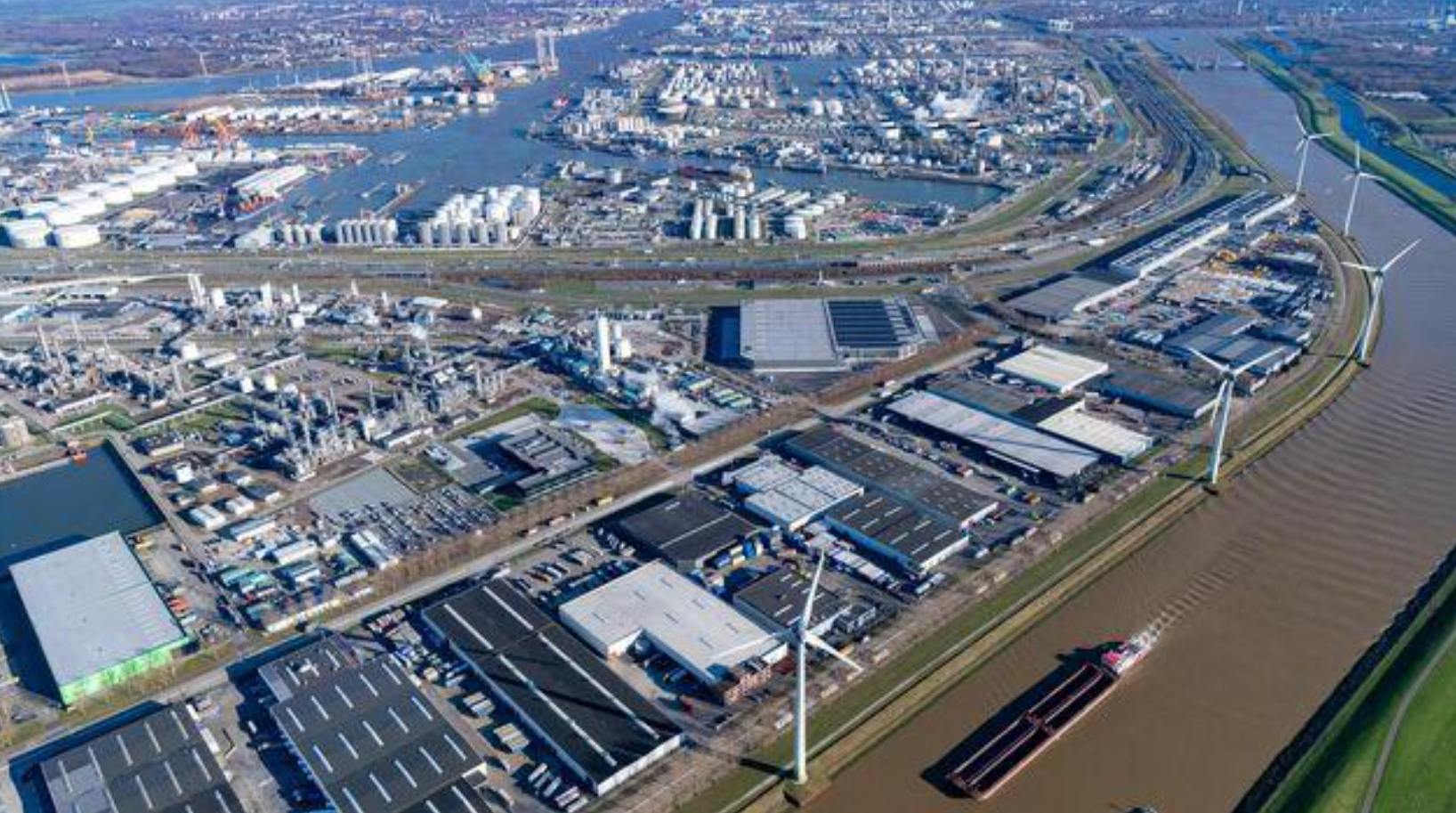
In the realm of maritime affairs, the conversation has evolved beyond mere competition for supremacy in cargo handling volumes. Today, as CEOs representing the port authorities of Antwerp-Bruges, North Sea Port (Ghent, Terneuzen, and Vlissingen), Duisburg, and Rotterdam convene, the focus shifts towards forging a sustainable future for European industry.
As the European summit looms ahead this Wednesday and Thursday, we, the CEOs, urge European leaders to address the deteriorating state of our continent’s industrial sector.
The Industrial Triangle
Nestled within the triangular nexus connecting the Flemish-Dutch ports and Germany’s Ruhr region, the manufacturing sector stands as a linchpin of European production. Anchored in these ports are enterprises ranging from chemical to steel industries, drawn by the influx of predominantly fossil-based resources and energy. However, these very industries, while significant emitters, also serve as enablers for the production of vital commodities like electronics, medicines, and renewable energy components.
A Call for Collaboration
Recognizing the pivotal role of industry in fostering sustainability, the port authorities endeavor to spearhead initiatives to enhance the investment climate for European industrial ventures. Leveraging existing interconnectivity via networks of pipelines, these ports aim to adapt infrastructure to accommodate future-oriented resources like hydrogen, fostering seamless collaboration among industrial clusters.
Towards a Shared Vision
In the pursuit of a sustainable industrial ecosystem, port authorities advocate for a unified approach towards spatial planning and environmental stewardship. With real estate in ports already scarce, transitioning towards more sustainable, circular production models necessitates careful consideration of spatial dynamics and regulatory frameworks. Collaborative foresight is deemed imperative to envision the industrial landscape of 2050, envisaging a climate-neutral future.
A Collective Imperative
However, realizing this vision hinges upon concerted efforts not only from industry stakeholders but also from governmental bodies with an international outlook. European policymakers are urged to stand in solidarity with industry players grappling with higher operational costs and regulatory complexities within the continent. Failure to address these challenges risks not only stalling sustainability investments but also driving industrial migration outside Europe’s borders, with dire ramifications for climate goals and economic resilience.
A Call to Action
While acknowledging the challenges posed by industrial transition, port authorities underscore the indispensability of nurturing European industry. Beyond economic contributions, the industrial sector plays a vital role in job creation and the production of essential materials. Hence, it is imperative for European leaders to synchronize climate and industrial policies, fostering an environment conducive to sustainable growth and collaborative progress.
The European maritime industry advocates for a symbiotic relationship between healthy competition and collaborative efforts towards energy transition. By aligning policies with the imperatives of sustainability, Europe can uphold its industrial prowess while charting a course towards a greener, more resilient future.


